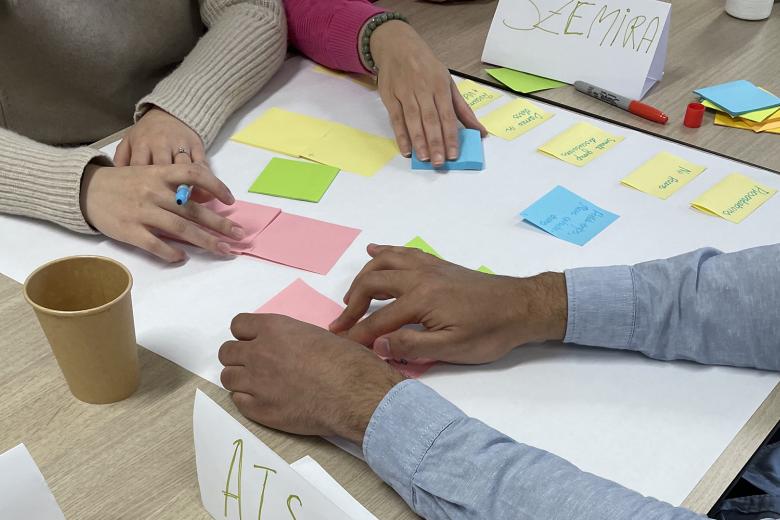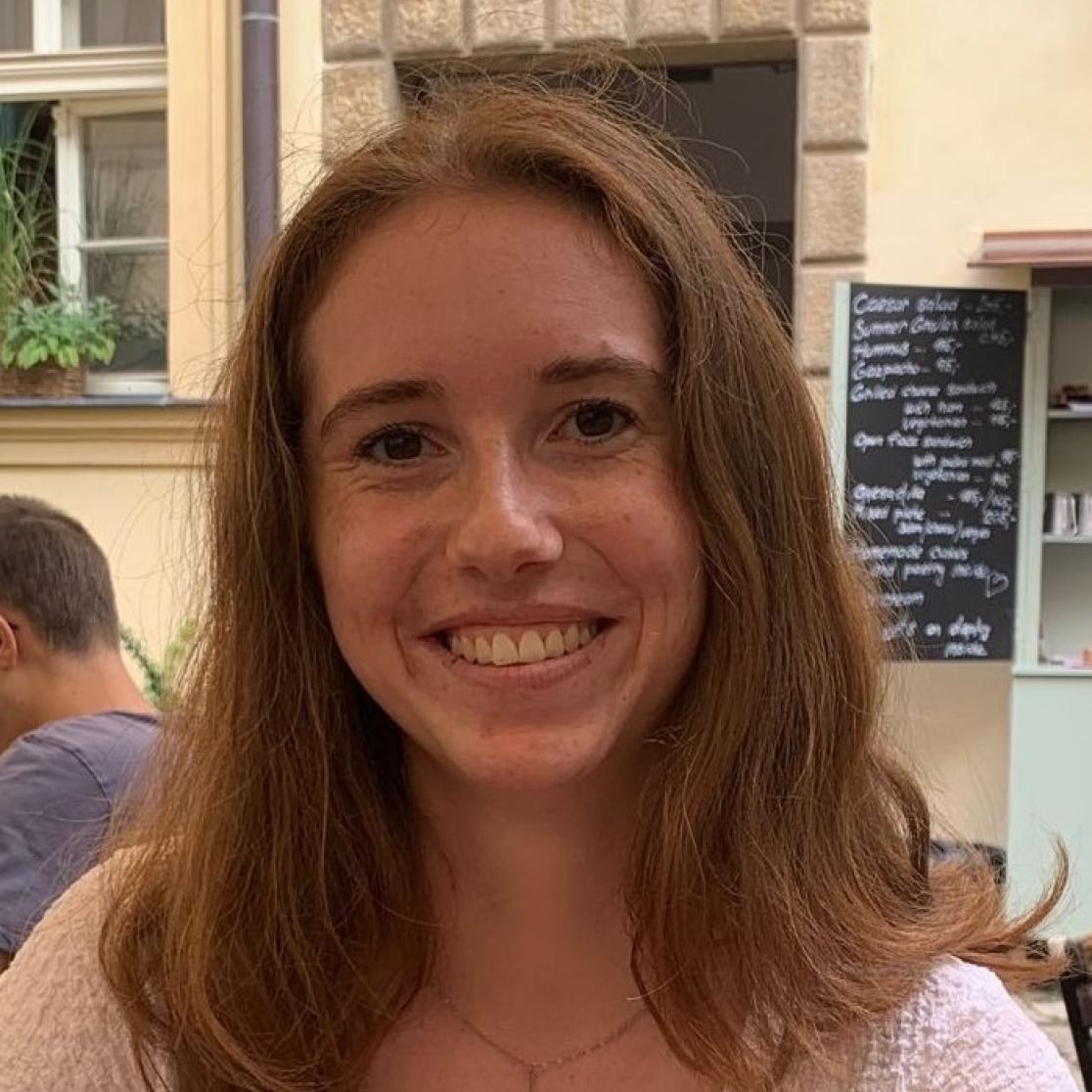Privacy statement Maastricht University
Protecting your privacy is important to Maastricht University (UM) and UM therefore treats your data with care. UM is the controller of your personal data. This privacy statement explains how UM handles personal data.
This privacy statement specifically relates to the automated matching tool for the bachelor’s programme in Circular Engineering.
UM also has a general privacy statement, which you can find on www.maastrichtuniversity.nl. This general privacy statement regulates the processing that is not specifically mentioned in the present privacy statement. Here and there, reference will be made to this general privacy statement for more information.
Contact information
If you have questions about this privacy statement, if you want to know more about how UM handles personal data or if you have a complaint, you can contact:
Maastricht University
T.a.v. Data protection officer
PO Box 616
6200 MD Maastricht
privacy@maastrichtuniversity.nl
You can also contact the UM data protection officer directly via fg@maastrichtuniversity.nl.
The addresses above are only intended for contact in relation to privacy issues. They are not intended for communication on other matters.
Which personal data the UM processes
In the context of giving matching advice, UM processes the personal data that you enter yourself as you participate in the matching survey.
Purposes
UM processes the above personal data with the following purposes:
- Sending you a summary of the provided information upon your explicit request;
- Forwarding your answers and question(s) to the matching team for additional feedback upon your explicit request;
- Evaluating and thereby improving the performance of the matching tool;
- Evaluating and thereby improving the quality and availability of the information UM provides to prospective students.
Processing ground
When UM processes your personal data, this processing is based on a processing ground. A processing ground is the reason why personal data is processed. UM processes your personal data based on the following processing ground (s):
Permission
If the ground for processing is your permission, you can always withdraw this permission by contacting fse-bachelor@maastrichtuniversity.nl. The withdrawal of your permission does not have retroactive effect.
Retention periods
Personal data is not kept by UM for longer than is necessary to achieve the purpose of the processing or to comply with a legal obligation.
The personal data entered by you will be stored no more than 24 months after you completed the form.
Recipients of personal data
Measures have been taken within UM to ensure that only the persons who must process your personal data have access to it. Your personal data is not shared with third parties.
Your rights
The privacy legislation gives you a number of rights with regard to your personal data. These rights are listed briefly below. You will find more information about each of these rights and how you exercise these rights in the general privacy statement on the UM website.
You have the right to view, correct and delete your personal data. In addition, you have the right to limit the processing, to have your data transferred to another party and the right to object when processing is based on a legitimate interest.
If you want to exercise one of the rights below, you can contact us in writing via privacy@maastrichtuniversity.nl or directly through the data protection officer via fg@maastrichtuniversity.nl.
If you have a complaint about the processing of your personal data by UM, you can contact UM about this via the contact details above. You also have the right to submit a complaint to the Dutch Data Protection Authority. You can read how to do this on the website of the Dutch Data Protection Authority.




